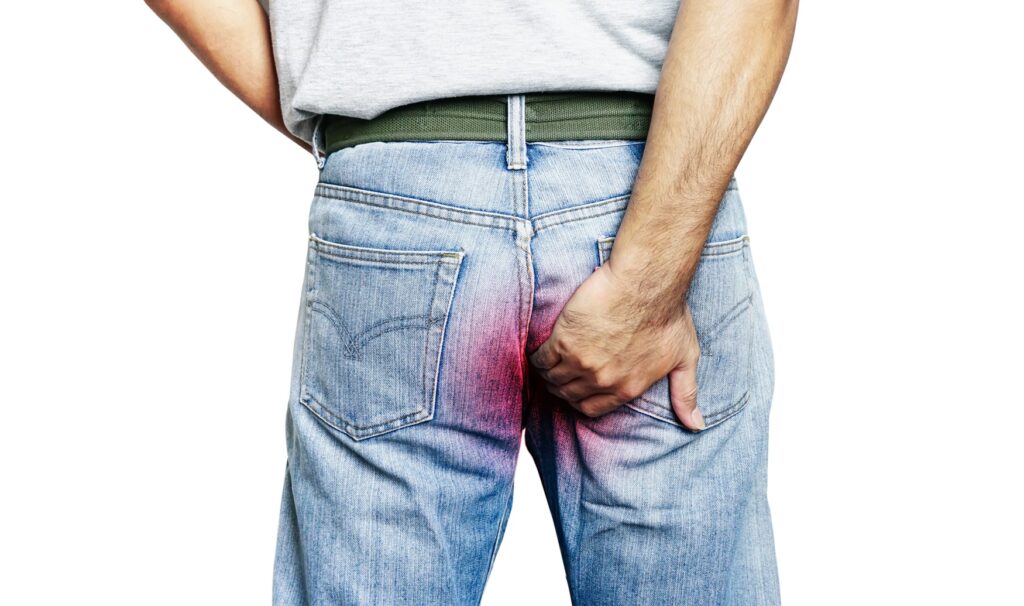A small tunnel that develops between an infected gland inside the anus to an opening around the anus. Anus is the external opening through which the stools are removed from the body.
Symptoms of Anal Fistula
- Pain and swelling around the anus
- Frequent anal abscesses
- Discharge of pus or blood
- Fever
- Itching or burning sensation around the anus
- Constipation or difficulty passing stools
- A lump or swelling near the anus
- Swelling in the area around the anus
Causes of Anal Fistula
- Crohn’s Disease (an inflammatory disease of the intestine)
- Injury or Trauma
- Sexually transmitted diseases
- Infections
- Diseases of the large intestine
- Cancer
Diagnosis of Anal Fistula
- Medical History
- Physical Examination (To check for any abnormal bumps or lumps)
- Anoscope (To view the fistula from inside the anus)
- MRI or CT scan (To confirm the diagnosis)
Treatment of Anal Fistula
Treatment options vary from conservative measures such as antibiotics, sitz baths, and warm compresses to surgical procedures.
Surgical options include:
- Fistulotomy: To open the fistula and let it heal from the inside out
- Flap Procedure: A procedure to create a flap of tissue to cover the fistula and help it heal
- A Lift Procedure: Lifting the fistula away from the surrounding tissue and then surgically removing it
Your doctor will discuss the best treatment option based on your fistula type, location, and severity.
Prevention of Anal Fistula
- Consume a high-fiber diet
- Drink sufficient water
- Maintain cleanliness and dryness in your anal region
- Do not strain while passing stool
- Exercise regularly
Tips to Manage Anal Fistula
- Take a warm bath 3 or 4 times a day for pain relief
- Wear a pad over the anal area to promote healing
- Follow your surgeon’s instructions for when to restart normal activities
- Eat a high-fiber diet and drink lots of fluids
- Use a stool softener if needed to prevent constipation
Anal Fistula: When to Call Your Doctor?
Call your doctor if you experience the following:
- Fever
- Chills
- Redness
- Swelling
- Bleeding
- Discharge
- Constipation
- Trouble Controlling Bowel Movements
Do’s and Don’ts in Managing Anal Fistula
Do’s
- Cover the anal area with a pad until complete healing
- Avoid spicy and oily foods
- Eat a diet high in fiber and drink plenty of fluids
- Use a stool softener if needed
- Eat a balanced diet to maintain bowel movements
Don’ts
- Do not take any medicines without consulting the doctor
- Do not eat salty foods
- Do not drink caffeinated beverages
- Do not eat bakery items
- Do not use harsh soaps in the affected region


